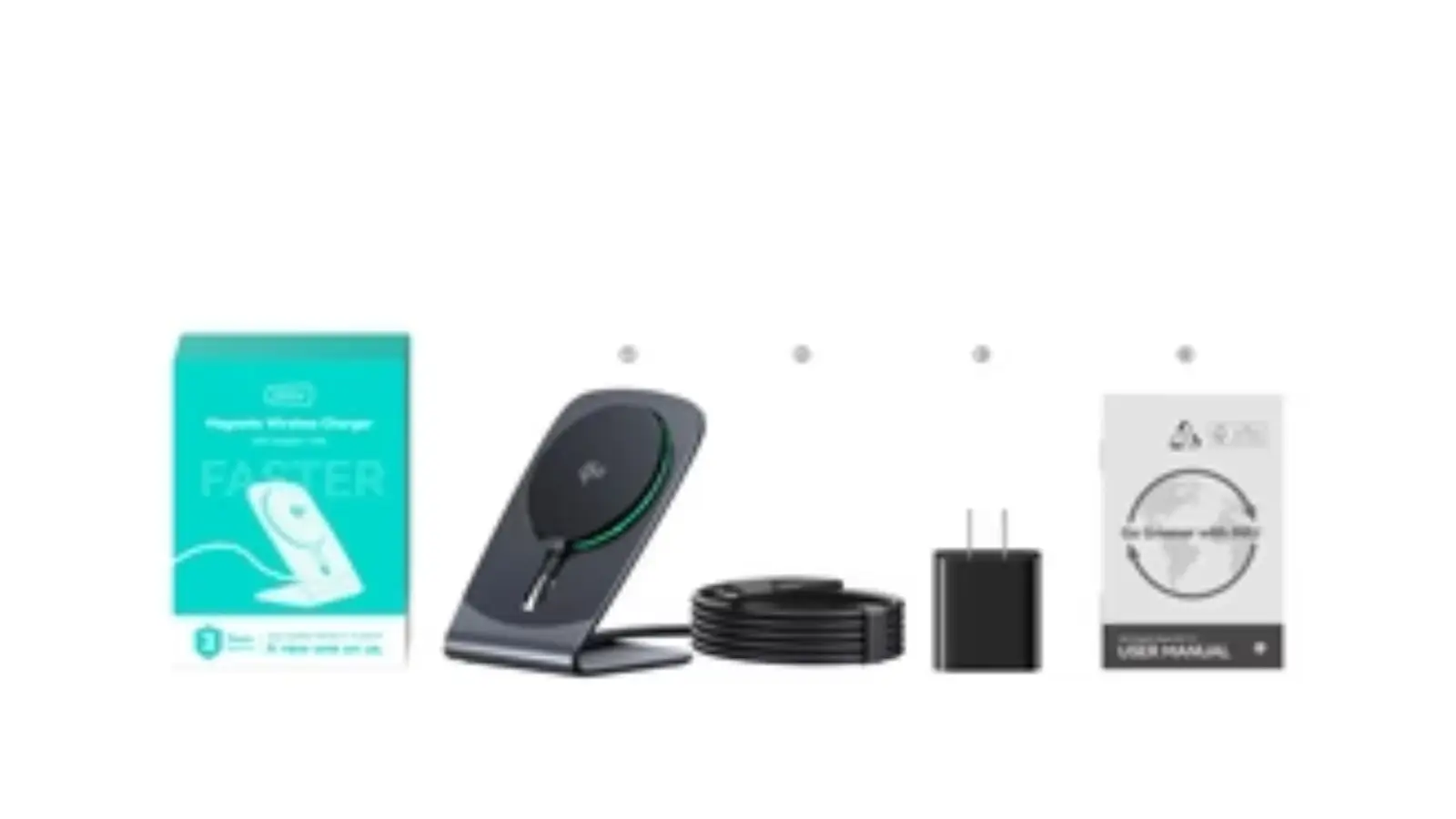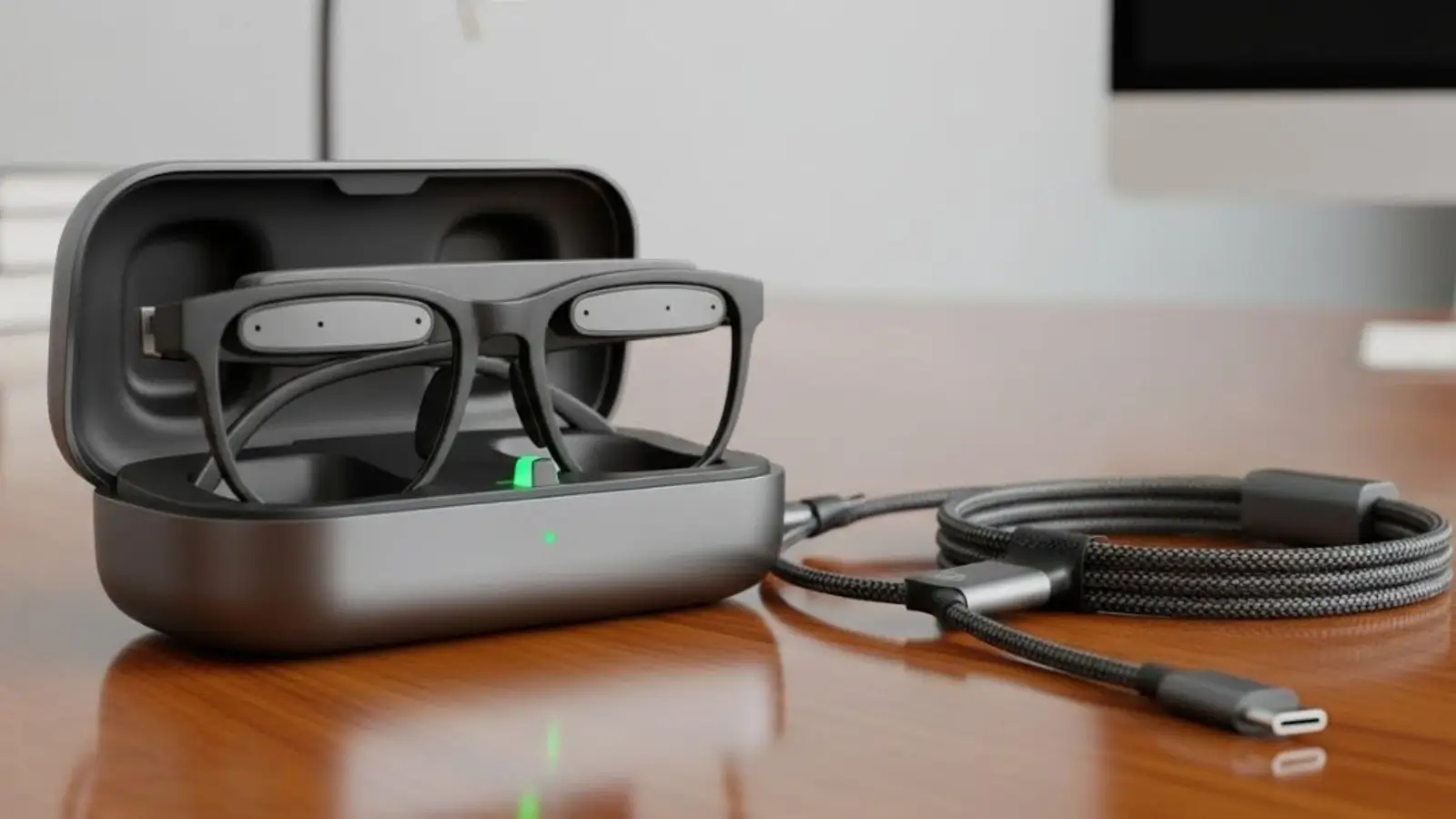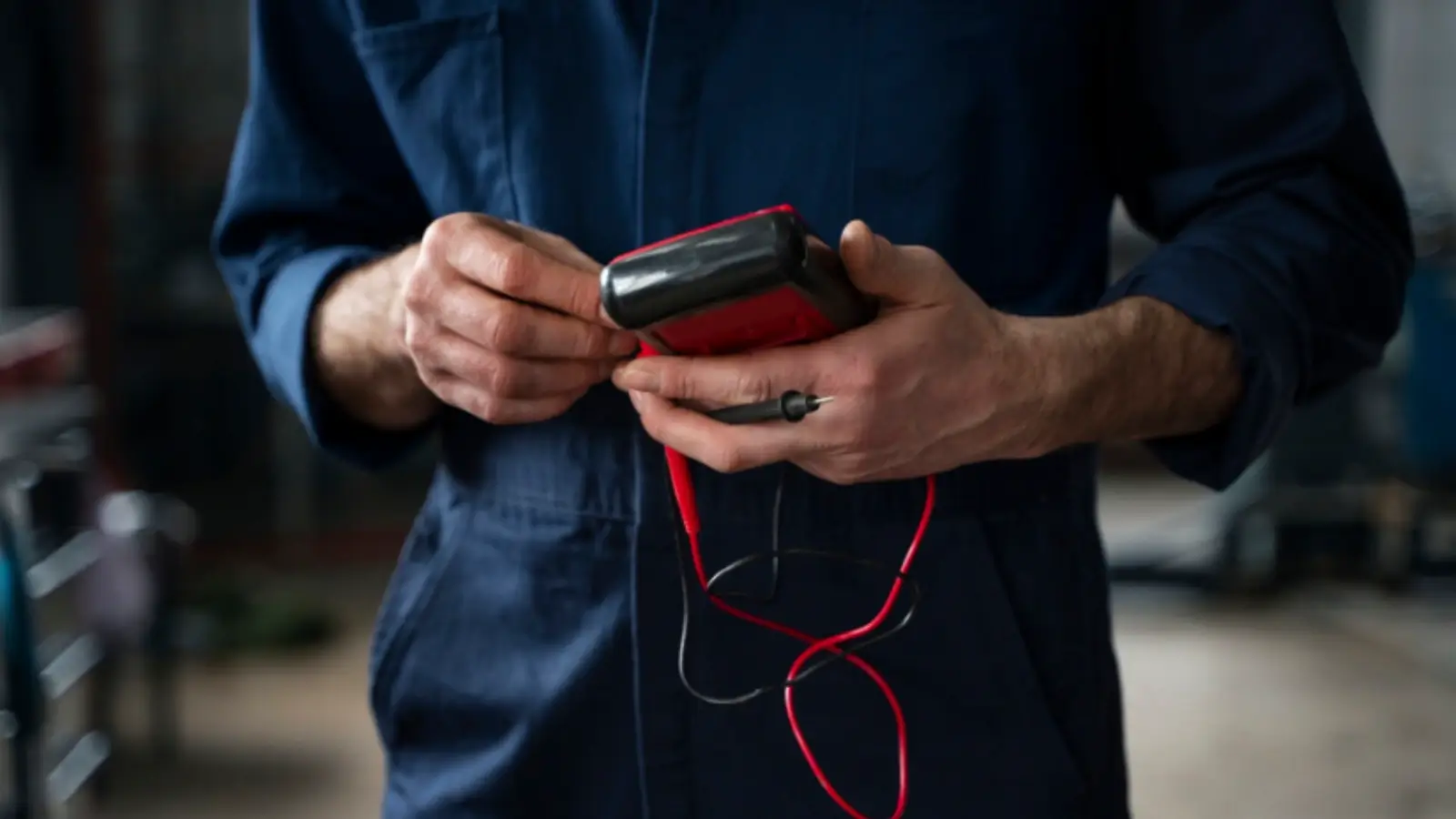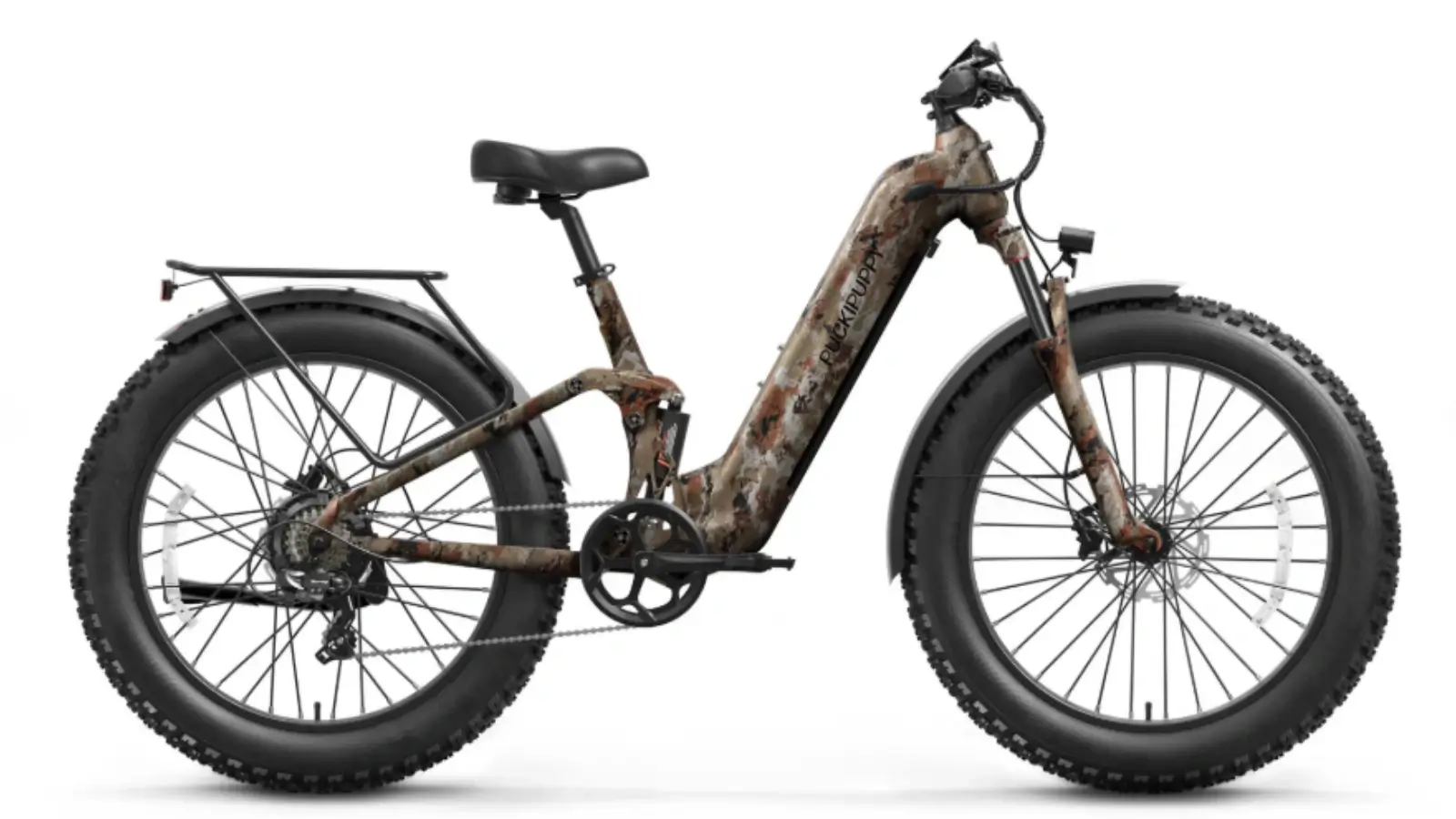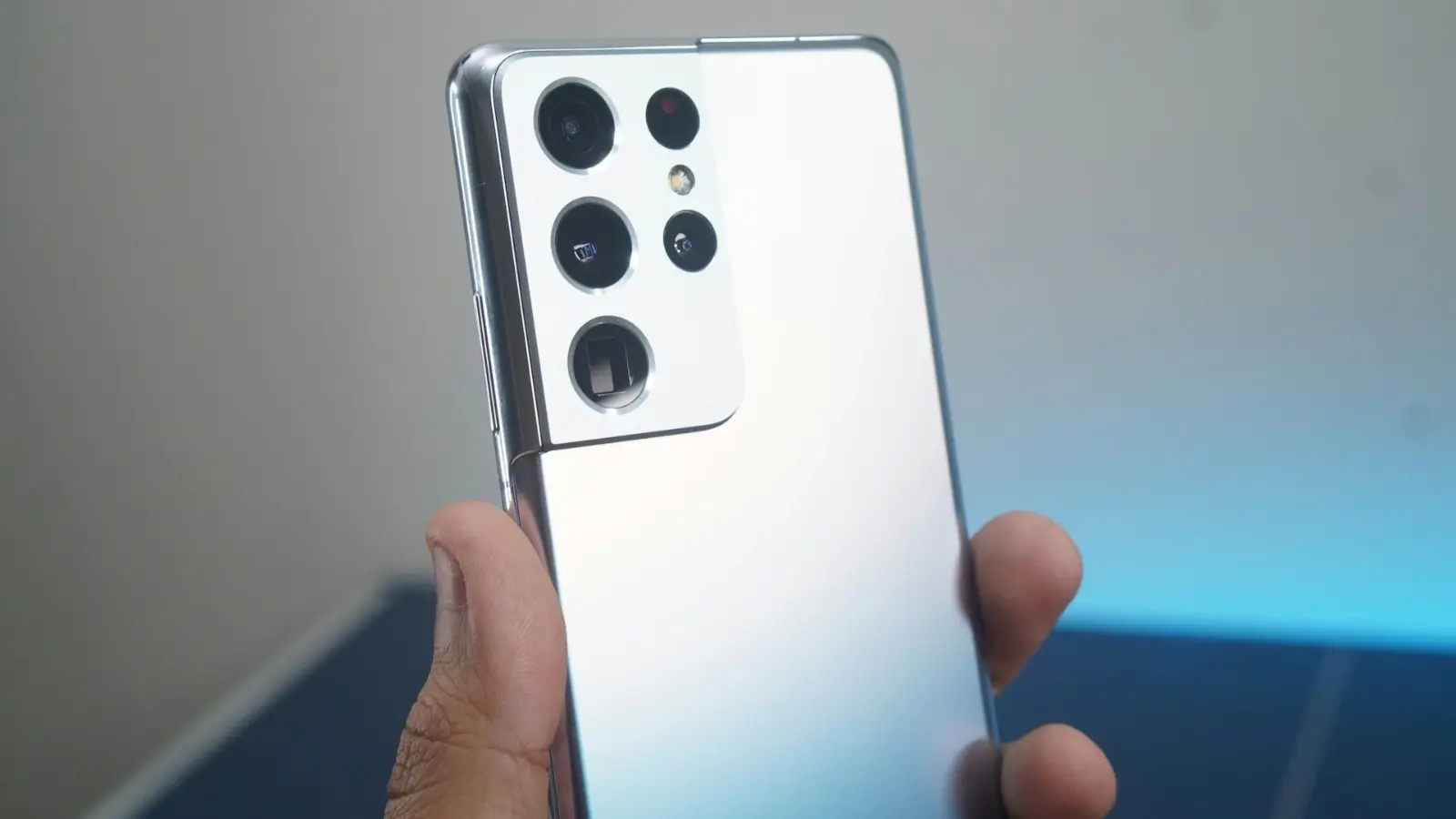How to Pick the Right Solar Generator for Your Home

Choosing the right solar generator can be a challenge, especially with so many options available. Whether you're looking to power your home during an outage or need reliable energy for your RV, it's tough to know which one meets your specific needs. The wrong choice can lead to wasted money, frustration, and limited power when you need it most.
This guide will help you navigate the key factors to consider when selecting a solar generator. By breaking down power needs, types of generators, and essential features, you'll be able to make an informed decision that fits your lifestyle and energy requirements.
How Much Power Do You Need?
Devices You Need to Power
When choosing a solar generator, the first step is to determine which devices you’ll need to power. Here are some common items people typically rely on:
- Lights: For both indoor and outdoor lighting.
- Fridge: Essential for keeping food fresh.
- Laptop: For working or entertainment.
- Phone: To stay connected.
- Television: For entertainment during power outages.
- Fans or Heaters: For comfort in extreme weather.
- Estimating Daily Power Consumption
Once you know which devices you'll power, you need to calculate how much energy they consume. Follow these steps to estimate watt-hour usage for each device:
Find the wattage of each device (usually listed on the device itself or in the manual).
Multiply the wattage by the number of hours you plan to use each device in a day.
For example, if a fridge uses 100 watts and runs for 8 hours, it uses 800 watt-hours (100 x 8 = 800 Wh).
Duration of Power Use
It’s also important to understand how long you need the generator to run. Some devices, like lights or a laptop, may only need power for a few hours. Others, like a fridge or heater, may require continuous power for longer periods. Knowing how long you’ll use each device helps ensure your solar generator has enough capacity to meet your needs.
Different Solar Generator Types
Portable Solar Generators
Portable solar generators are designed to be compact, lightweight, and easy to carry. They’re perfect for RVs, camping, and short trips where portability is key. These generators typically have lower power output but are more than enough to charge small devices and run basic appliances for a limited time.
Home Solar Generators
Home solar generators are larger and more powerful, capable of supporting multiple devices over longer periods. They are designed to keep your home running during power outages or serve as a backup power source for off-grid living. These models usually offer higher wattage and longer battery life to handle essential home appliances.
Hybrid Solar Generators
Hybrid solar generators can work with both solar panels and AC power (from your home or a car). This flexibility allows you to recharge the generator using solar energy during the day and switch to AC power when needed. They offer more versatility and are ideal for users who need reliable power for varying conditions.
|
Generator Type |
Portability |
Capacity |
Wattage |
Ideal Use Case |
|
Portable Solar Generator |
High |
Low to Medium |
300-1,000W |
Camping, RVs, small appliances |
|
Home Solar Generator |
Low |
High |
1,000-5,000W |
Home backup, large appliances |
|
Hybrid Solar Generator |
Medium |
Medium to High |
500-2,000W |
Off-grid living, varying needs |
This table compares the key differences in terms of size, capacity, and intended use to help you choose the best type of solar generator for your needs.
Features to Look for in a Solar Generator
Battery Capacity
Battery capacity is one of the most important features to consider when choosing a solar generator. It is measured in watt-hours (Wh) or amp-hours (Ah) and determines how much energy the generator can store. The higher the capacity, the more devices it can power for longer periods. Make sure the battery capacity is enough to meet your daily energy needs.
- Tip: If you need to power several devices for a longer time, choose a generator with a higher battery capacity.
- Example: A 1,000Wh generator could power a fridge for 10 hours (100W x 10 hrs = 1,000Wh).
Power Output (Wattage)
Power output, measured in watts (W), indicates how much power the generator can deliver at once. You need to check the wattage to make sure it can support the devices you want to power. Solar generators typically range from 300W for small devices to 5,000W for larger appliances.
- Tip: Make sure the total wattage of the devices you want to use is lower than the generator’s output. For example, if you want to power a 100W fridge, the generator should be at least 100W.
Inverter Type
The inverter type determines how the power from the battery is converted into usable electricity. There are two main types of inverters:
- Pure Sine Wave Inverters: Provide clean, stable power and are ideal for sensitive devices like laptops, phones, and medical equipment.
- Modified Sine Wave Inverters: Less expensive but produce a less stable power output. These can still run most devices but may cause issues with sensitive electronics.
- Tip: Always choose a pure sine wave inverter if you plan to use the generator for sensitive electronics or medical devices.
Charging Time
Charging time is how long it takes for the generator to fully recharge using solar panels or AC power. It’s important to know how long you’ll need to wait to recharge your generator after use.
- Tip: If you need the generator to be ready quickly, choose one with faster charging capabilities. Solar generators usually take longer to recharge via solar panels compared to AC charging.
- Example: Some solar generators can fully charge in 4-6 hours with AC power, while solar panel charging may take 12-24 hours depending on the panel size and sunlight.
Solar Panel Compatibility
Matching Your Solar Generator with the Right Panels
When selecting a solar generator, it’s essential to ensure that the solar panels are compatible with your generator. The wattage of the solar panels should match the charging capacity of the generator. If the solar panel wattage is too low, it will take longer to recharge the generator. A higher wattage panel, on the other hand, can charge the generator more quickly, which is especially useful if you're in a hurry to get back on the road or restore power at home.
- Tip: Check your generator’s recommended solar panel wattage before purchasing panels. Some generators have specific panel models designed to work optimally with them.
Fixed vs. Portable Solar Panels
You can choose between fixed solar panels and portable solar panels based on your needs. Fixed panels are typically installed on roofs or in a permanent location, making them great for home use. Portable panels, on the other hand, are ideal for RVs, camping, and outdoor use, as they can be moved around to capture the most sunlight.
- Fixed Solar Panels: Ideal for home or long-term installations. They are usually larger and more efficient.
- Portable Solar Panels: Lightweight and flexible, perfect for travel or emergency use
- Tip: If you need something easy to set up and take down, go with portable solar panels. For home use, fixed panels are the more efficient and permanent solution.
Portability and Ease of Use
Weight and Size
Portability is a key consideration when choosing a solar generator, especially if you plan to use it for camping or while traveling in an RV. The lighter and more compact the generator, the easier it will be to transport. However, smaller, lighter generators tend to have less power, so you’ll need to balance portability with your energy needs.
User-Friendly Features
Solar generators should be easy to set up and use. Features like a simple control panel, an easy-to-read display, and mobile app compatibility make a big difference. Some models also come with quick charge options and intuitive buttons to make operation simple even for beginners.
- Tip: Choose a generator with a display that shows key information like battery level, input/output wattage, and remaining runtime. This will help you manage your energy use efficiently.
Easy Setup
Look for solar generators that come with easy-to-follow instructions and minimal setup requirements. Some generators even include everything you need, like cables and adapters, so you don’t have to worry about additional purchases.
- Tip: If you're a first-time user, opt for a solar generator that includes detailed setup instructions and simple connections to get started quickly.
Durability and Weather Resistance
Weather Resistance
A solar generator needs to be durable enough to withstand the elements, especially if you plan to use it outdoors for camping, RV trips, or in emergency situations. Look for a generator with an IP (Ingress Protection) rating, which indicates how resistant the device is to dust and water. Generators with higher ratings, such as IP65 or IP67, are better suited to handle rain, dust, or extreme temperatures.
- Tip: Choose a generator with a solid weatherproof casing to ensure it continues working in various conditions, from rain to intense heat.
Battery Lifespan
The lifespan of a solar generator’s battery is another crucial factor to consider. Most batteries last between 500 to 1,000 charging cycles before their performance starts to decline. To get the best value, look for a generator with a high-quality battery that offers long-lasting performance.
- Tip: Check the warranty and support offered by the manufacturer. A solid warranty can ensure you’re covered if the battery starts losing capacity prematurely.
Warranty and Support
Even the most durable solar generators can face issues, so it's important to choose one from a reputable brand that offers good customer support and a solid warranty. A long warranty will give you peace of mind, knowing that you can get help or a replacement if anything goes wrong.
- Tip: Before purchasing, review the warranty terms and customer service reputation of the brand to make sure you're protected in case of issues.
Price vs. Value
Understanding the Price Range
Solar generators come in a wide range of prices, depending on their capacity, features, and brand. Small, portable models can cost anywhere from $200 to $500, while larger, more powerful units can range from $1,000 to over $3,000. Understanding what you get for the price is key to making a smart purchase.
- Tip: If you’re on a budget, you can still find a good-quality solar generator that meets basic needs like powering small appliances or charging devices. However, higher-end models will provide more capacity and features for long-term use.
Best Value for Your Money
While price is important, value is what truly matters. Consider the features you need most, such as battery capacity, portability, and inverter type, and compare them with the cost. Sometimes, spending a little more upfront on a higher-quality generator can save you money in the long run by offering better efficiency and longer battery life.
- Tip: Don’t just go for the cheapest option. Instead, look for a generator that offers the best combination of features, performance, and durability for your needs.
Table: Solar Generators by Price and Features
|
Price Range |
Generator Type |
Capacity |
Best for |
|
$200-$500 |
Portable Solar Generators |
200Wh to 1,000Wh |
Small appliances, short trips |
|
$500-$1,000 |
Mid-Range Solar Generators |
1,000Wh to 2,000Wh |
RVs, camping, home backup |
|
$1,000-$3,000+ |
High-End Solar Generators |
2,000Wh to 5,000Wh |
Large homes, extended power needs |
Conclusion
Choosing the right solar generator for your home or RV needs doesn’t have to be overwhelming. By understanding your power requirements, the different types of solar generators, and essential features like battery capacity, wattage, and portability, you can make an informed decision that fits your lifestyle.
Remember, it’s important to balance power output with portability, especially if you plan to use the generator on the go. Whether you're looking for a reliable backup for your home or a lightweight solution for your next camping trip, there’s a solar generator out there that’s just right for you. Make sure to do your research and choose the model that offers the best value and meets your energy needs.
With the right solar generator, you’ll have peace of mind knowing you have a reliable power source, no matter where you are.












